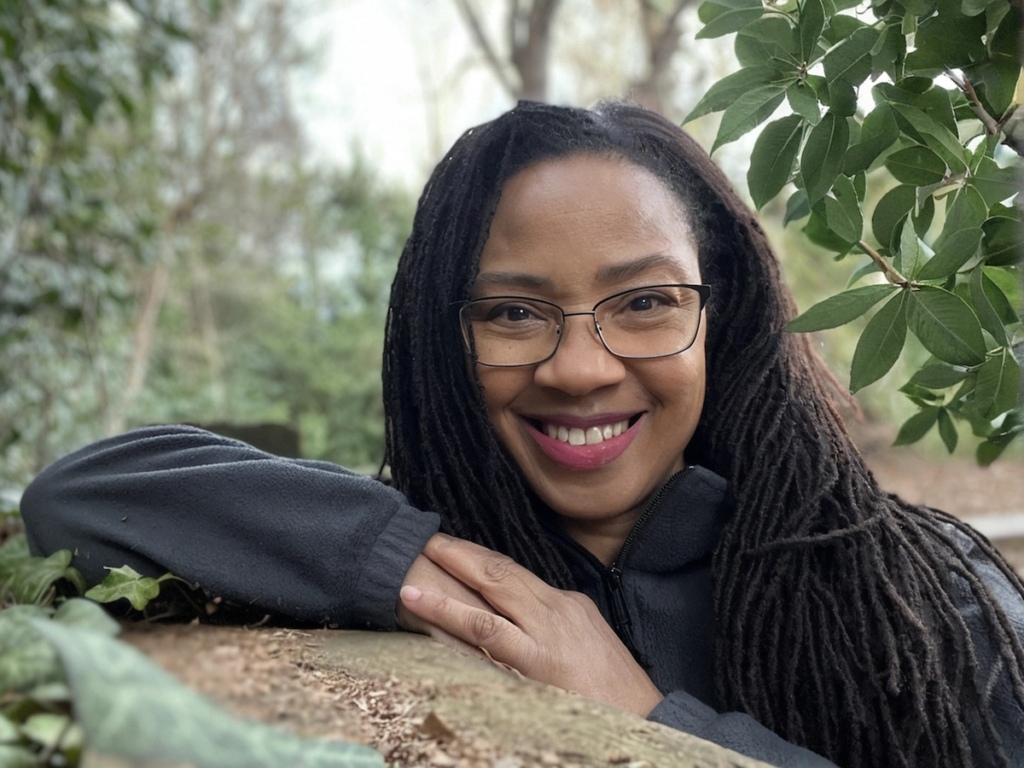
After earning her PhD in chemical engineering, Dr. Kerri Winston made an unconventional career pivot into traditional Chinese medicine. Two decades later, this unique combination of Western scientific training and Eastern medical practice has positioned her at the forefront of integrative healthcare, where she helps women navigate complex health challenges through an evidence-based holistic approach.
“The intersection of Western science and Eastern medicine offers unique opportunities to advance patient care,” Winston explains. “While these approaches may seem divergent, there are significant areas where they complement each other, particularly in addressing chronic conditions and supporting overall wellness.”
This dual background has proven invaluable in building trust with both patients and medical professionals. “My scientific training provides a framework for evaluating and implementing traditional practices within modern healthcare settings,” Winston notes. “This evidence-based approach helps create bridges between conventional medicine and acupuncture, ultimately benefiting patients who seek comprehensive care solutions.”
At its core, acupuncture is based on the concept of energy channels or meridians that flow through the body. “In traditional Chinese medicine, we understand the body to have invisible channels of energy that flow up and down and across the body,” Winston explains. “Acupuncture points, which often congregate around joints and specific anatomical landmarks, are used to influence this energy flow and help restore balance to the body’s systems.”
While these energy pathways may not be visible on Western medical imaging, research has begun to document physiological responses to acupuncture treatment. “What’s fascinating is that while we can’t see these traditional meridians on an X-ray or MRI, we can observe specific biological activity around acupuncture points through modern research methods,” Winston notes. “This helps explain how acupuncture can influence blood flow, reduce inflammation, and support the body’s natural healing processes.”
The scientific evidence supporting acupuncture continues to grow. A comprehensive systematic review published in PLoS One this month found that acupuncture showed significant promise in treating menopausal insomnia. The study, which analyzed 28 randomized controlled trials involving over 2,000 participants, demonstrated that acupuncture improved sleep quality and reduced insomnia symptoms compared to both sham treatments and standard care.
In her practice, Winston specializes in women’s health, particularly supporting patients with chronic conditions and hormonal imbalances. “What’s particularly interesting about current trends in Western medicine is the growing emphasis on personalized treatment approaches,” she observes. “This actually mirrors traditional Chinese medicine’s long-standing principle of individualized care. Eastern medicine has been practicing personalized healthcare for centuries, particularly in addressing women’s health concerns.”
Winston’s practice combines modern diagnostic tools with traditional techniques, extensively collaborating with conventional healthcare providers to create integrated treatment plans. “Healthcare integration isn’t just about combining different treatments,” she explains. “It’s about understanding how various approaches can work synergistically to support optimal patient outcomes.”
However, Winston acknowledges the challenges in validating Eastern practices through Western research frameworks. “The complexity lies in designing studies that can effectively measure traditional practices while maintaining scientific rigor,” she says. “While double-blind studies remain the gold standard, we need to develop new research methodologies that can appropriately evaluate holistic treatment approaches.”
The accessibility of holistic healthcare remains a significant concern. “The integration of complementary medicine into mainstream healthcare systems isn’t just about proving efficacy – it’s about ensuring equitable access,” Winston emphasizes. “We need to develop sustainable models that make these treatment options available to all patients who could benefit from them.”
“The future of medicine lies not in choosing between traditional and modern approaches,” Winston concludes, “but in thoughtfully combining them to provide optimal patient care.” Her practice demonstrates this integration in action, showing how acupuncture can adapt to contemporary healthcare needs while maintaining its traditional principles.



